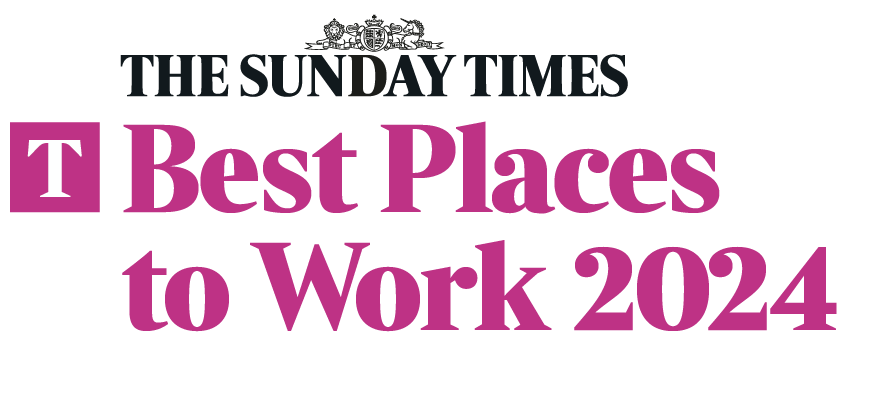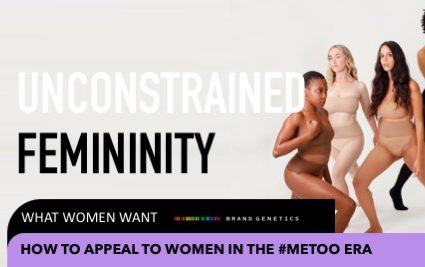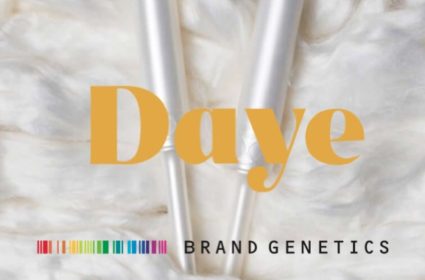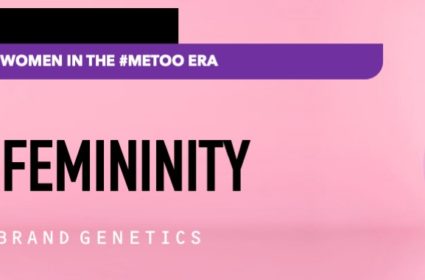Identity, gender and the future of FMCG branding
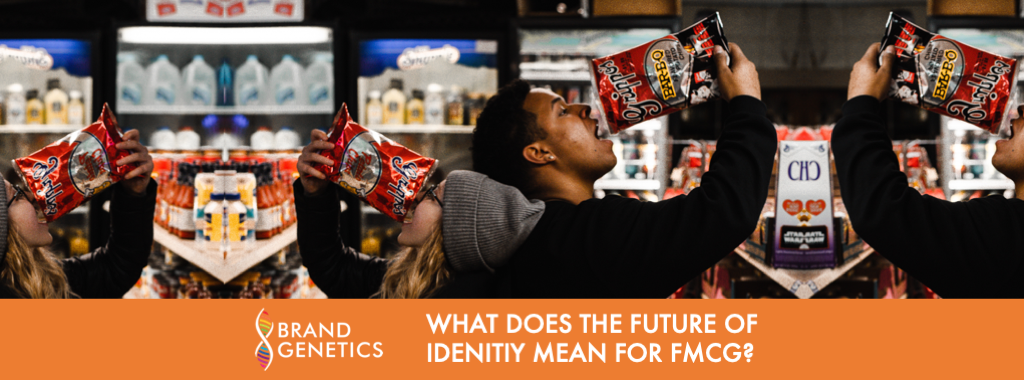
This article is part of our series on The Future of Femininity. You can view the full series or download the report.
Download ReportAt a time when fundamental assumptions about human identity are being called into question, we have embarked on an insight journey exploring what it means to be a human today. In this, we are creating a series of evidence-based reports exploring everything from positive masculinity to the virtual construction of the self. In the past few months we have focused in on the future of gender, providing two comprehensive reports, one on masculinity and the other on femininity.
In both of these reports we drew on evidence-based literature seeking to understand the physical, psychological and behavioural attributes of gender, the current forms playing out and the emergent typologies.
Historically, marketing has portrayed somewhat reductionist gender stereotypes which build on traditional depictions of masculinity and femininity. In 2019, however, these limited portrayals are increasingly unacceptable. While brands across industries are making inroads to challenge this, it is tricky terrain. This is particularly true for FMCG brands, which have played to very traditional articulations of gender. Evidence of this challenge can be seen with the divisive reactions to Gillette’s January campaign “We Believe: The Best Men Can Be”. The commercial attempts to challenge the rise of ‘toxic masculinity’ which has been called out in our current #MeToo era and instead aims to “celebrate the stories of men making a positive impact and to inspire others in the process”. Critics of the advert have suggested it reduced men to a limited portrayal of manhood and lacks a nuanced interpretation of masculinity.
This criticism is consistent with our research findings. Deep diving into the psychological literature shows us binary readings of gender are no longer relevant. While the blueprint does differ for each gender (see our report on masculinity here and on femininity here), there were some clearly consistent themes. Firstly, gender is in flux. Secondly, while current forms of masculinity and femininity are encouraging alternative forms of gendered expression, as we can see with the reactions to the Gillette campaign, they are in fact reinforcing traditional stereotypes and as a result remain limiting.
Importantly, perceptions of gender are widening and people desire more nuanced, expressive and inclusive forms of both femininity and masculinity. Our research shows emergent forms, namely positive masculinity and unconstrained femininity, are broadening what it means to be a man or a woman, without compromising or losing gendered identity.
A great best in class example of an organisation committed to challenging these narrow depictions of identity is Unilever, who have partnered with the Unstereotype Alliance. The Unstereotype Alliance seeks to challenge our unconscious bias and the negative impact of stereotypes and instead portray progressive and multi-dimensional personalities in marketing.
An illustration of Unilever’s commitment to broadening interpretation of gender can be seen in with the launch of their new #ShowUs campaign. A partnership between Dove, GirlGaze and GettyImages which sees the creation of a 5,000 strong image bank seeking to shatter beauty stereotypes. This image bank is 100% powered by women, shows real diversity rarely seen in marketing and all images are free from digital distortion.
You can learn more about the ways in which expressions of femininity are broadening in our new report, What Women Want: How To Appeal To Women In A #MeToo Era here. Not only do we explore the psychology behind this social shift, but we also provide you with an actionable framework your brand can adopt to successful play in this space and enable women to feel empowered.
At Brand Genetics we understand human behavior – so if you want to know what the changing face of identity means for your business and how you can stay relevant for the modern world, please get in touch.

